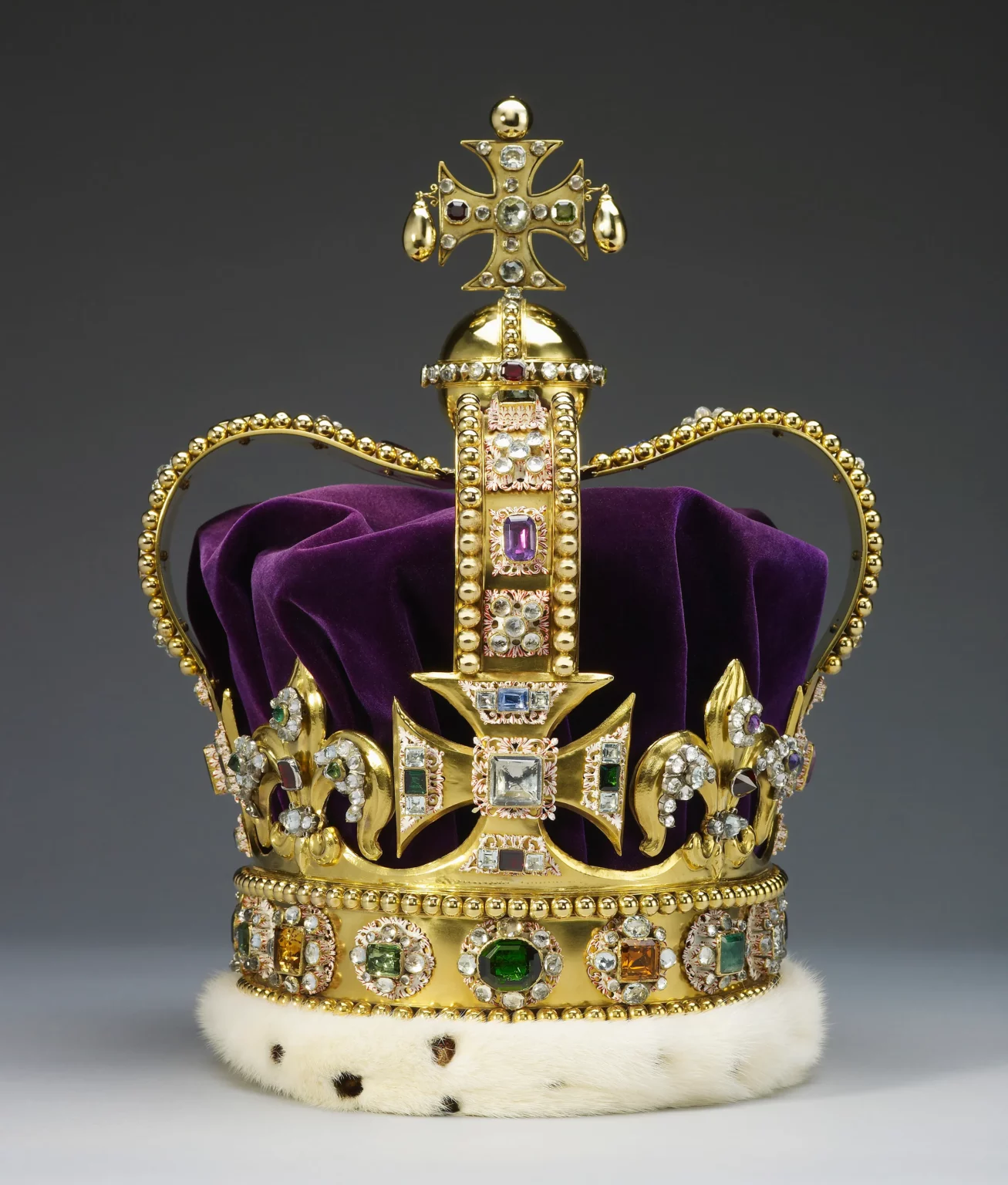Meaning, History, and Origin
The name “Vasil” has origins in various cultures, including Greek, Slavic, and Bulgarian. In Greek, it is derived from the name “Basileios,” meaning “royal” or “kingly,” while in Slavic languages, it is related to the word “vasilii,” meaning “to rule” or “to govern.”
Throughout history, the name Vasil has been associated with power, leadership, and authority, reflecting its meanings in different languages. It has been used by monarchs, nobles, and religious figures across different regions.
Usage and Popularity
Vasil is a common name in Eastern Europe, particularly in countries like Bulgaria, Greece, and Russia, where it is often given to boys as a symbol of strength and honor. Its popularity may vary over time and between different regions.
In recent years, Vasil has also gained recognition in other parts of the world, particularly among individuals with Eastern European heritage or an appreciation for its cultural significance.

Namesakes
Vasil Levski
A Bulgarian revolutionary and national hero who played a key role in the struggle for Bulgaria’s independence from the Ottoman Empire in the 19th century.
Vasil Aprilov
A Bulgarian educator, writer, and philanthropist known for his contributions to Bulgarian education and culture during the Bulgarian National Revival period.
Vasil Bykau
A Belarusian writer and public figure known for his literary works depicting the struggles and resilience of the Belarusian people.
Name Day
In the Eastern Orthodox tradition, the name Vasil is celebrated on January 1st, known as Vasilovden or Basil’s Day, in honor of St. Basil the Great, a prominent theologian and bishop of the 4th century.
Interesting and Fun Facts
- The name Vasil has variations in different languages, such as Vasiliy in Russian, Vasileios in Greek, and Vasilij in Slovenian.
- In Bulgarian folklore, Vasil represents the archetype of the brave and noble hero, often depicted as a defender of the people against injustice and oppression.
- Vasil is often associated with the plant basil, which shares its name with St. Basil the Great, adding a botanical connection to the name’s cultural significance.
Conclusion
Vasil is a name steeped in history and cultural significance, representing strength, leadership, and resilience across different regions and time periods. Whether celebrated on name days or admired for its noble namesakes, Vasil continues to hold a special place in the hearts of many individuals and communities around the world.
What is the meaning of the name Vasil?
The name Vasil has origins in Greek and Slavic languages, meaning “royal” or “kingly” in Greek and “to rule” or “to govern” in Slavic languages.
Where does the name Vasil originate from?
Vasil originates from various cultures, including Greek, Slavic, and Bulgarian, and has been used by monarchs, nobles, and religious figures across different regions.
Is Vasil a common name?
Vasil is a common name in Eastern Europe, particularly in countries like Bulgaria, Greece, and Russia, where it is often given to boys as a symbol of strength and honor.
Are there any famous namesakes of Vasil?
Yes, notable namesakes include Vasil Levski, a Bulgarian revolutionary and national hero, and Vasil Aprilov, a Bulgarian educator and philanthropist.
When is the name day for Vasil celebrated?
In the Eastern Orthodox tradition, the name Vasil is celebrated on January 1st, known as Vasilovden or Basil’s Day, in honor of St. Basil the Great.
What are some variations of the name Vasil in other languages?
Variations of Vasil include Vasiliy in Russian, Vasileios in Greek, and Vasilij in Slovenian.
Is there any significance to the name Vasil in folklore?
Yes, in Bulgarian folklore, Vasil represents the archetype of the brave and noble hero, often depicted as a defender of the people against injustice and oppression.
Is there a connection between the name Vasil and the plant basil?
Yes, Vasil is associated with the plant basil, which shares its name with St. Basil the Great, adding a botanical connection to the name’s cultural significance.
How popular is the name Vasil in modern times?
The popularity of the name Vasil may vary over time and between different regions, but it continues to hold cultural significance in Eastern Europe and beyond.
What qualities are often associated with individuals named Vasil?
Individuals named Vasil are often associated with qualities such as strength, leadership, resilience, and a sense of honor, reflecting the name’s historical and cultural significance.
- Anoop Name Meaning and Origin - June 25, 2024
- Amit Name Meaning and Origin - June 22, 2024
- Xhesika Name Meaning and Origin - June 12, 2024
